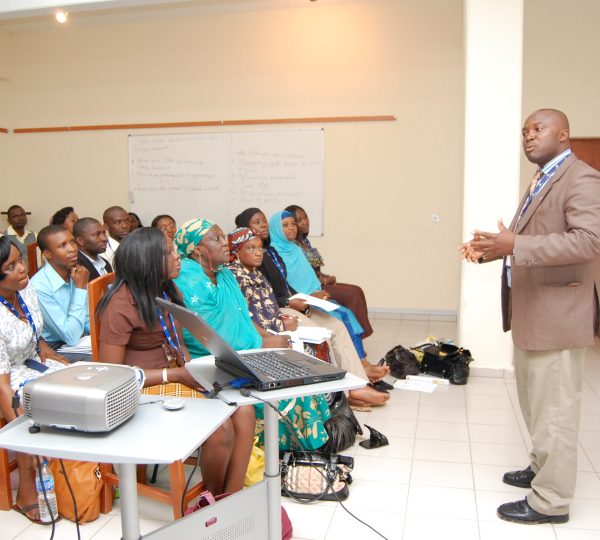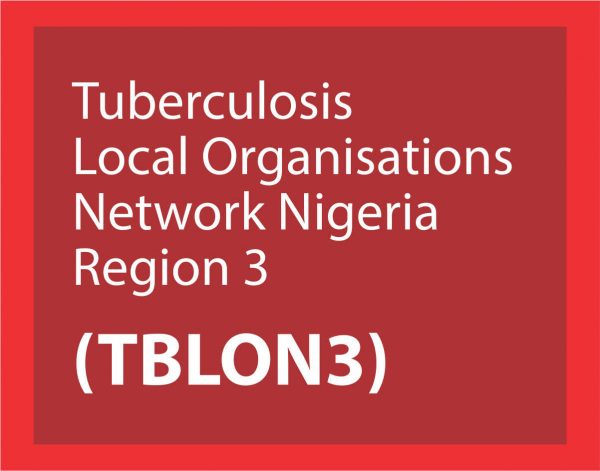Grand Challenges Canada – Adolescents and Young Persons (GCC-AYP)
Overview of (GCC-AYP) Project
The Society for Family Health (SFH) in collaboration with Tech Care for All (TC4A) is implementing the GCC-AYP project in Abia and Bauchi states. The project is a one- year project funded by Grand Challenges Canada (January to December 2022).
The overarching objective of the project is to improve the knowledge, skills, and attitudes of Sexual Reproductive Health Rights (SRHR) among Health Care Workers (HCWs) and educators who will be providing services for adolescents, including key population (KP).
These SRHR services are inclusive of SRH education, contraception, HIV/STI prevention and care etc.
Implememtation Strategies

Leverage on Digital technology via an interactive software platform –
Medical Learning Hub to train Health Care Providers on provision of
SRH services to AYPs, inclusive KP.

Referral of AYPs to trained HCPs by peers for SRHR services

Assess clients’ (AYPs) satisfaction with services received via a Client Exit Interview
Justification for Programming for AYPs
Critically, many lifelong habits are formed during adolescence and these shape future health, social and economic outcomes in important ways. Supporting young people to make a healthy transition to adulthood is a sound health investment. About 70% of adult deaths are linked to risk factors that started in adolescence.
Despite the glaring need for adolescent/young persons health and development, their voice in shaping the world in which they live is grossly underrepresented. Practically, young person views are underrepresented in decision-making forums at all levels e.g. the hallowed chamb
Nigeria has one of the youngest populations in the world. About half are young – 10-14 years (12.5%), 15-19 (11%), 20-24 (8.8%)
More than 50% Nigerian population is between 10 to 24 years (AYP).
2% & 37% of 15 and 19 years had
begun child bearing
Only 50% received ANC from skilled provider
37.9% & 62.1% of 15-24 years of young females and males
respectively reported use of condom during last sexual intercourse

It has also become evident that key populations are frequent victims of discrimination and abuse according to the 2020 World AIDS report. Adolescents face major challenges in accessing quality sexual and reproductive health and rights care in Nigeria. These challenges
are multiplied for adolescent key population. Key population people face a hostile legal and social environment, such as laws, social stigma, discrimination, and widespread, sometimes violent, homophobia etc.
Healthcare providers and educators face challenges in knowing how to guide adolescents within these groups and may themselves have deep-seated negative perceptions. Building the capacity of health workers is therefore critical to closing care gaps for key populations and adolescents and improving healthcare in general for everyone.

Source: GCC-AYP Project



